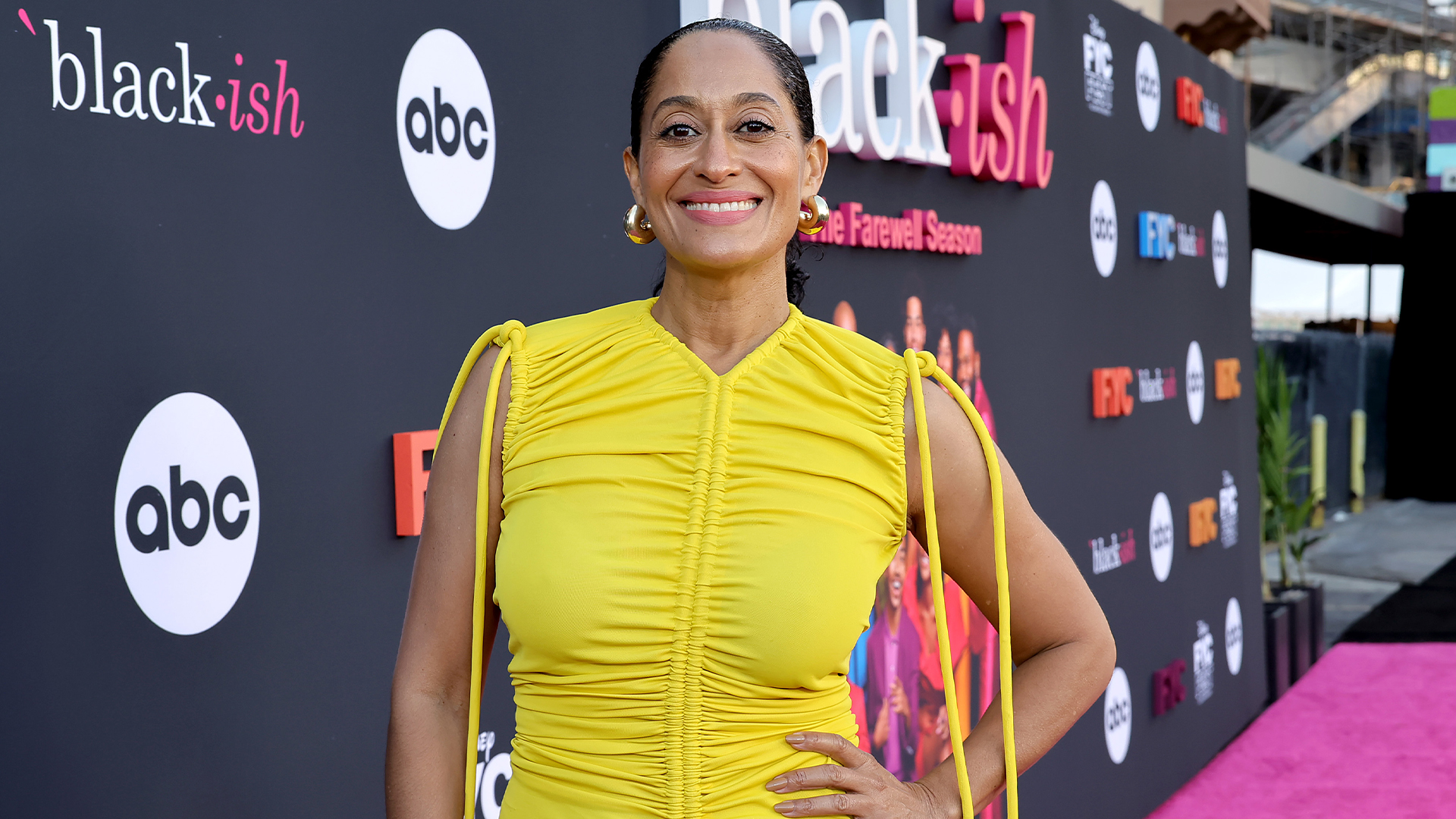It’s no secret that Tracee Ellis Ross has impeccable talent and has found success on her own terms.
Ross made her mark in Hollywood first as Joan Clayton for eight seasons on the beloved show “Girlfriends,” which even landed her two NAACP Image Awards.
Since then, we have come to love Ross for her involvement in ABC’s popular series “Black-ish,” in which she played Dr. Rainbow Johnson starting in 2014. The show, which centers on an upper-class Black family, aired for eight seasons and stood out for being “extremely authentic,” said co-creator and producer Kenya Barris, per Business Today.
Ross has positive recollections of her time on the show, describing her involvement as “incredible.”
“Almost 20 years of my life dedicated to these incredible roles. Bow Johnson and Joan Carol Clayton. It literally makes my lungs expand,” Ross expressed to Variety. “I feel amazing about it.”
However, there was a time — specifically in 2018 — when Ross was looking to ensure her contributions on “Black-ish” matched the effort she was putting into the role.
According to The Hollywood Reporter, Tracee Ellis Ross allegedly would not appear in as many episodes if her pay did not match her male co-star Anthony Anderson’s pay.
The outlet also claimed that the network was negotiating a new contract that would raise her salary. However, the outlet stated it would not necessarily equal the checks being cleared to Anderson, as he also served as an executive producer.
When the news began swirling, Ross caught wind and public addressed the pay gap in question while providing clarity on the claims.
“The words and thoughts that were in the original article that started this public conversation were not mine; there were never any threats. I wish I would have been called by the reporter to confirm that,” she wrote in a statement posted on Twitter at the time.
In the statement, Tracee Ellis Ross did confirm there was truth to her seeking fair compensation sometime during the fourth season.
“There has been a lot of conversation and speculation the last few days regarding my ‘Black-ish’ salary. I was in a renegotiation, like
many actors find themselves in during the fourth season of a successful show. I wanted to be compensated in a way that matches my contribution to a show that I love for many reasons, including the opportunity it allows me to reshape what it is to be a fully realized Black woman on TV,” Ross explained, according to Elle.
“Having had my renegotiation become a public conversation was awkward, but I’m grateful for the outpouring of support,” Ross continued. “I’m truly thankful that important conversations are taking place about fighting for women’s worth and equality, and tightening the pay gap in every industry.”


